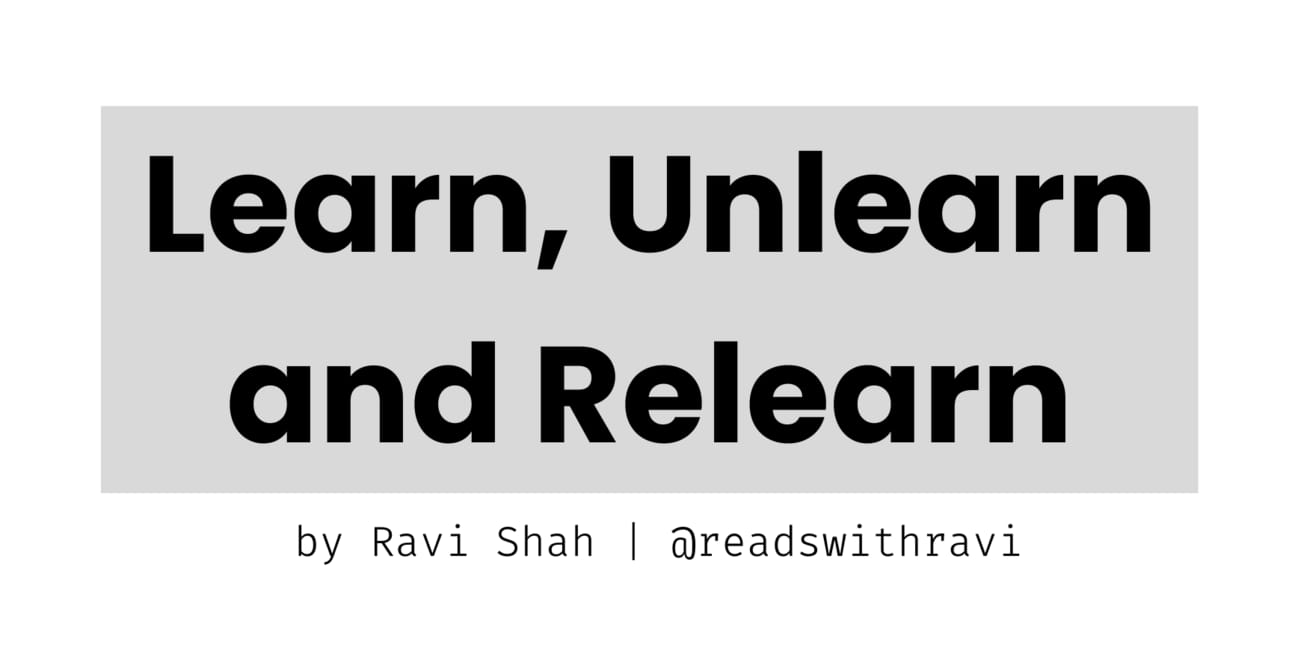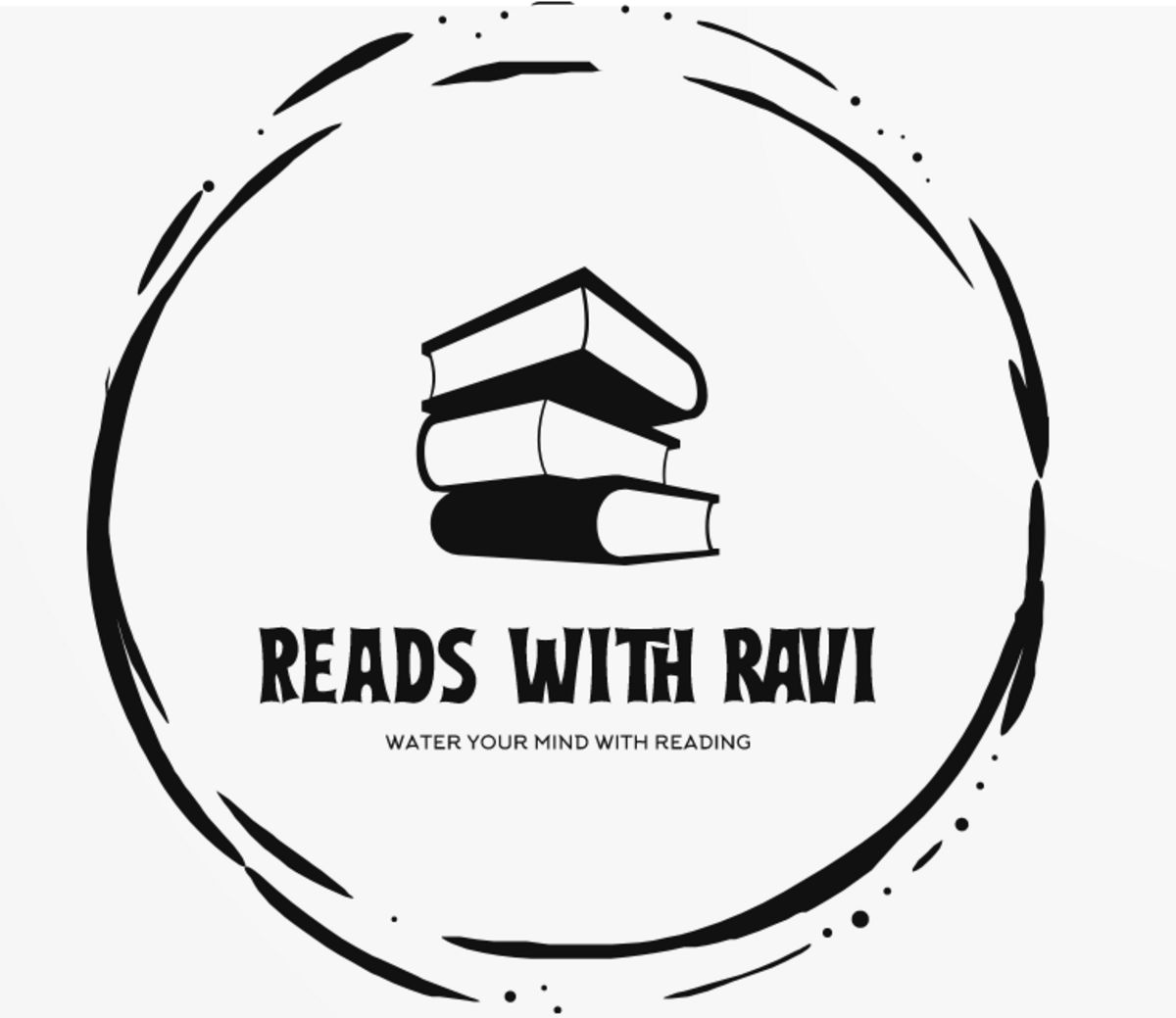
Happy Thursday folks!
Here is my favorite passage of the week, two quotes and book of the week with two important lessons to ponder on:
Passage of the Week:
Entrepreneur and writer Anthony Pompliano on surrounding yourself with compounders:

From How To Live An Extraordinary Life by Anthony Pompliano
Two Quotes:
“What you're supposed to do when you don't like a thing is change it. If you can't change it, change the way you think about it. Don't complain.”
“Good friends, good books, and a sleepy conscience: this is the ideal life.”
Book of the Week with 2 Important Lessons:
The book of the week is Master of Change: How to Excel When Everything Is Changing, Including You by Brad Stulberg.

A deeply profound and revitalizing read that will help you embrace change and grow in its midst - with its actionable suggestions, you will become better and wiser. A timely read at current times.
Research shows that, on average, people experience thirty-six disorder events in the course of their adulthood or about one every eighteen months. We tend to think that change and disorder are the exceptions when, in reality, they are the rules. Look closely and you’ll see that everything is always changing, including us. Life is flux. Change is not the exception. It’s the rule. Yet we endlessly fight it, often viewing it as a threat to our stability and sense of self.
In this book, Brad flips this script on its head and offers a path for embracing and even growing from life’s constant instability. Drawing on cutting-edge science, ancient wisdom, and daily practice, he offers concrete principles for developing a mindset called rugged flexibility, as well as habits and practices to implement it.
Here are two important lessons from the book:
1) Embrace non-dual thinking:
While some things in life truly are either/or, many are both/and. Philosophers call this kind of thinking non-dual. For example, decision-making is not about reason or emotion; it is about reason and emotion. Toughness is not about self-discipline or self-compassion; it is about self-discipline and self-compassion. Progress in just about any endeavor is not about hard work or rest; it is about hard work and rest.
Non-dual thinking recognizes that world is complex, much is nuanced, and truth is often found in paradox and contradiction: not this or that, but this and that. When we apply non-dual thinking to stability and change, an interesting thing happens (what Brad calls rugged flexibility). To be rugged is to be tough, determined, and durable. To be flexible is to consciously respond to altered circumstances or conditions, to adapt and bend easily without breaking. Put those together and the result is a gritty endurance, an anti-fragility that not only withstands change, but thrives in its midst.
One way to differentiate knowledge from wisdom is that knowledge is knowing something, and wisdom is knowing when and how to use it. Inherent to non-dual thinking is realizing that many concepts and tools work great until they get in your way.
As the Nobel Prize winning psychologist Daniel Kahneman used to tell his students, “When someone says something, don’t ask yourself if it is true. Ask yourself what it might be true of.” Another helpful question to ask yourself: Is this view or approach helping me right now? If the answer is yes, keep using it. If the answer is no, then shift, all the while realizing that how you answer will probably evolve over time, and that’s okay.
2) Lean on routines to provide stability during periods of disorder:
Routines offer a sense of predictability and stability when everything around us is changing, creating a sense of order amidst disorder. They help us to activate by automating decisions, so we need not to rely as much on willpower and motivation, both of which tend to be in short supply during significant difficulties. They simplify our life by allowing us to show up and get going without having to exert any additional psyching ourself up or thinking about what we ought to do.
Even the smallest victories – writing one sentence, going out for a short run, knitting a single square of a quilt, doing a load of laundry – release the neurochemical dopamine, which fuels our drive to keep going in whatever it is we are doing, and also in life itself.
But here’s the catch: although routines can be magical, there is no magic routine. What works for one person might not work for others. The best way to develop an optimal routine is through astute self-awareness and experimentation.
Books – I am currently reading:
Flex Your Feelings: Train Your Brain to Develop the 7 Traits of Emotional Fitness by Dr. Emily Anhalt. A data-driven, practical, step-by-step plan for developing the 7 essential traits of emotional strength necessary to face all of life’s challenges and become the best leader, entrepreneur, and human you can be.
Between the Mountain and the Sky: A Mother’s Story of Love, Loss, Healing, and Hope by Maggie Doyne. A hopeful lens on the world and shows us what can happen when a single person takes a decisive action to help another and, in the process, changes the lives of hundreds, including her own.
READING TIP: Read What You’re Curious About
Curiosity is a powerful motivator for learning, as it encourages deeper engagement and retention. When we read about topics that sparks our interest, we are more likely to explore them thoroughly, connect ideas, check facts, taking notes, leading to a richer understanding.
It nurtures a habit of self-directed learning and ignite a lifelong love for reading. Curiosity driven reading often involves diverse sources and books (different perspectives) which enhances our critical thinking.
Thank you for reading and all your support.
I am excited to keep bringing you the new and old books, great insights, and lessons.
Until next week, stay curious and happy reading!
— Ravi Shah | @readswithravi

